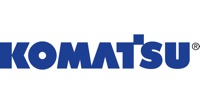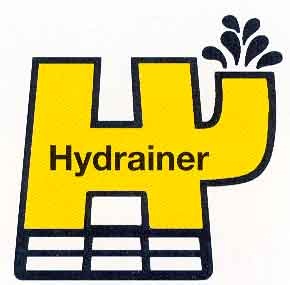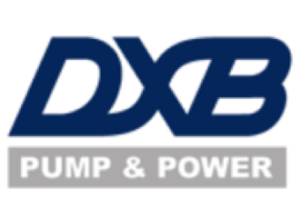Company: MacMahon Group
Industry: Mining
Problem
Macmahon runs a fleet of Volvo A60H ADTs that were experiencing excessive Low Power Incidents (LPIs). A combination of a dusty and wet environment and the use of B30 biodiesel, which is relatively standard in Indonesia, was suspected to be the cause of the LPIs.
Solution
Macmahon agreed to a Proof of Concept (POC) trial of FuelActive. Three FA16 FuelActive units were sent to the site for installation in April 2021. Importantly, as a control, these ADT units were compared with new units of the same specification for the same application at the same site. Setting the bar high, the ADTs with FuelActive units already had 4,500 hours under their belt.
Given the disparity in age, the performance of the ‘new’ Volvo ADTs was quite strong in the first two months. However, the effects of contamination began to emerge. In the last six months of 2021, the data clearly favoured the performance of FuelActive.
As a result, in November 2021, Macmahon placed an order for the rest of the Volvo ADT fleet – the fleet numbers totalling 10. In January 2022, Macmahon expanded the FuelActive solution to their fleet of Cat 390 hydraulic excavators and the remaining Volvo ADTs. The contractor’s fleet also includes Cat 745 ADTs, so there is potential for further expansion in the future.
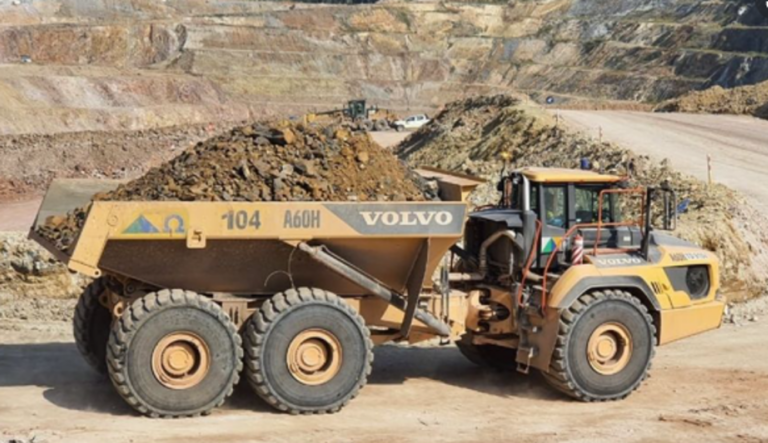
Results

Macmahon’s service records documented 27 LPI’s on the ‘new’ standard units and 9 on the FuelActive units – a 66% reduction.

Using Volvo OEM fleet telematics to record fuel consumption data over a 25 week period, the Fuel Active units had better fuel economy in 22 out of the 25 weeks.
The average fuel economy across the whole control group was 36.7 litres per hour, with an average of 3.4% fuel economy improvement from FuelActive.
The average fuel economy across the whole control group was 36.7 litres per hour, with an average of 3.4% fuel economy improvement from FuelActive.
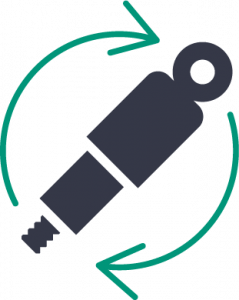
One out of three standard ADT’s in the control group had fuel injectors replaced during the trial period, and none on the FuelActive-equipped units, also noting that two trucks outside the control group had fuel injectors replaced.

A saving of 3.4% on fuel consumption equated to 1.25 L/h or 18 L/d (based on a typical 15 h/d ADT operation). These statistics equate to 49.1 kg of CO2 emissions saved per day or 17,930 kg of CO2 per year for each FuelActive equipped truck. In cost terms, based on 18 L/d, the FuelActive ROI was 251% in year one.
Other Mining Case studies
 Mafube Coal
Mafube Coal
Diesel is one of the largest costs for Mafube Coal, with mobile equipment being the largest consumer, the key goal was to reduce fuel consumption and support their pledge to reduce their carbon footprint. Following a 6.94% fuel saving during an initial trial with FuelActive, Mafube have agreed to roll out FuelActive’s patented fuel pick-up system across their entire fleet of dozers, haul trucks, drills & excavators.


 Macmahon Group
Macmahon Group
